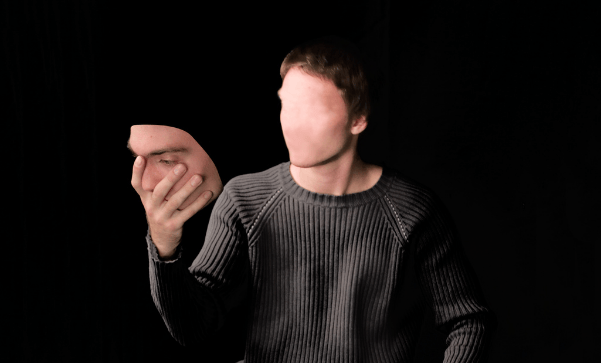The Darkest Days: A Journey Through Mental Struggles and Healing
Phase Two: This deeply moving blog post explores the intense emotional struggles that follow profound loss, including suicidal thoughts, loneliness, and the societal stigma around mental health and divorce. Through raw honesty and personal reflection, it offers hope, encourages vulnerability, and highlights the power of healing through therapy, solitude, and self-acceptance.
Noshad Q
4/8/20252 min read


Suicidal Thoughts and Self-Doubt – The Depths of Mental Illness
There are moments in life when the weight of existence feels unbearable. The mind becomes a battleground where self-doubt and despair wage war against hope and resilience. For those who have never experienced suicidal thoughts, it’s difficult to understand the torment of feeling like a burden, as if the world would be better off without you. But the truth is, these thoughts lie. They distort reality, making pain seem permanent when, in fact, healing is always possible.
I know this struggle firsthand. After losing my father on my wedding day and enduring a painful divorce, I found myself trapped in a spiral of grief, guilt, and self-loathing. The stigma surrounding mental health often makes people suffer in silence, afraid to reach out for help. But speaking up, even in the smallest ways, can be the first step toward breaking free from the darkness. Therapy, self-reflection, and community support can illuminate the path forward. If you are struggling, please know you are not alone. Your story is not over yet.
Loneliness vs. Solitude – The Difference Between Isolation and Healing
Loneliness can be suffocating. It creeps in when relationships break down, when friends drift away, or when the world feels too overwhelming to face. But solitude is different. Solitude is a choice a conscious decision to step back, reflect, and heal.
During my darkest days, I often mistook solitude for loneliness. I withdrew from social circles, convinced that no one would understand my pain. But over time, I realised that intentional solitude could be a powerful tool for healing. In solitude, we learn to sit with our emotions rather than run from them. We rediscover our passions, set new goals, and rebuild our sense of self-worth. The key is to strike a balance, embracing solitude for self-growth while remaining open to meaningful connections with others.


The Judgment of Others – Battling Societal Stigma Around Mental Health and Divorce
One of the most complex parts of struggling with mental health, especially as a man, is the judgment of others. Society often expects men to be strong, to “man up” and push through pain without complaint. When I opened up about my mental health struggles, I encountered scepticism, unsolicited advice, and even outright dismissal. Similarly, divorce carries its own stigma. People make assumptions, cast blame, and fail to see the complexity of personal struggles.
But judgment should never dictate our healing journey. The opinions of others do not define our worth. Breaking the stigma starts with conversations—honest, raw discussions about mental health, grief, and resilience. Every time we speak up, we empower someone else to do the same. Healing is not a linear process, and there is no shame in seeking help, embracing vulnerability, and prioritising mental well-being over societal expectations.
Moving Forward The darkest days may feel endless, but they do not last forever. Every sunrise brings another chance to heal, to grow, and to find meaning in our struggles. By acknowledging our pain, embracing solitude when needed, and rejecting the judgment of others, we take control of our own narrative. And in doing so, we not only save ourselves—we inspire others to do the same.
